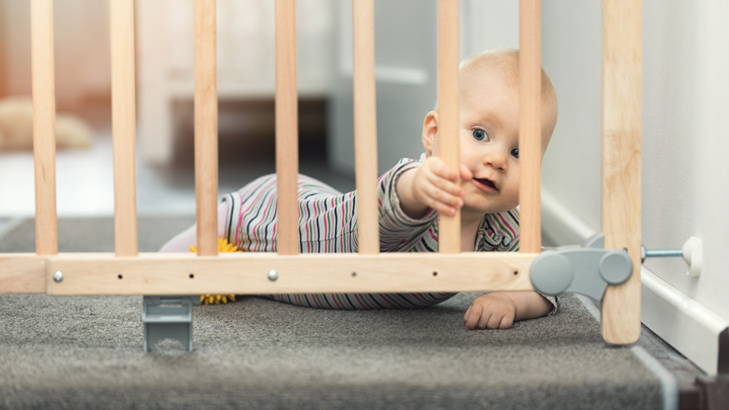We have heard it all before, nothing we do is considered “right” when it comes to the type of parent we are. That’s right, TYPE of parent.
Remember when parents were considered either strict or lenient? When we all knew whose friend’s house we could go to after school to score the candy and uninterrupted video game time? Whose house to avoid because their parents watched you like a hawk and offered you apples? Well, those days are a thing of the past.
Currently all the literature that scrutinizes our daily decisions regarding our offspring believe that there are five types of parenting styles. Elizabeth Weiss McGolerick describes the “Five Types of Parenting Styles for the New Generation” as:
- Instinctive Parenting
- Attachment Parenting
- Helicopter Parenting
- Permissive Parenting
- Authoritative Parenting
How many times have you heard in the school yard “Look at her, she’s such a helicopter parent”? You smile, you nod and you wonder, WHAT IS THIS HELICOPTER BUSINESS?
Simply put, Wikipedia states “a helicopter parent (also called a cosseting parent) is a parent who pays extremely close attention to a child’s or children’s experiences and problems, particularly at educational institutions. Helicopter parents are so named because, like helicopters, they hover overhead.”
Ok, now we know what it means, but it doesn’t sound that bad right? I mean what’s wrong with a parent who is paying close attention?
It seems that Wikipedia describes the term a lot more positively than most.
There is an ever-growing list of doctors who are studying this parenting phenomenon. Dr. Carolyn Daitch believes that helicopter parents “typically take too much responsibility for their children’s experiences and, specifically, their successes or failures”.
Ann Dunnewold, PhD, a licensed psychologist and author of Even June Cleaver Would Forget the Juice Box, calls it “overparenting.” “It means being involved in a child’s life in a way that is overcontrolling, overprotecting and over-perfecting, in a way that is in excess of responsible parenting.”
According to the vast majority of research, the effects of this type of parenting are detrimental to children growing into a successfully functioning adult.
So How Do We Ensure We Don’t Become One? Or Stop, If We Are One?
The most positive news that came out of this Helicopter Parent Inquest is that you can avoid becoming one, or change your parenting style by following one simple guideline!
Of course, each “expert” has their own list of advice but simply stated: YOU NEED TO LET YOUR KIDS STRUGGLE! Give your children age and developmentally appropriate tasks and don’t jump in at their first sign of frustration. Children need to understand that failure is a necessary and typical part of life. Dr. Gilboa wants to remind you “to look for opportunities to take one step back from solving your child’s problems, to build the reliant, self-confident kids we need.”
Watching your kids struggle may be difficult for you but being able to celebrate their successes will be worth the wait! You may just be surprised at how well they respond to a difficult situation, and their resilience has potential to astonish you!
Resources:
Malinda Carlson; A Fine Parent Blog; 10 Warning Signs You Might Be A Helicopter Parent (And How to Stop)
Elizabeth Weiss McGolerick; She Knows Blog
Your Teen Magazine For Parents; Helicopter Parents: Advice From Dr. Deborah Gilboa
“Helicopter Parent”; Wikipedia.com
“Helicopter Parenting”; Psychology Today; https://www.psychologytoday.com/ca







